Estimated reading time: 6 minutes
Adding a beehive to your homestead is more than just buying a hive and adding some bees. There is a reason why beekeeping is a respected profession in itself and why you’ll find classes about beekeeping in your area. Many homesteaders assume there isn’t much to it, but there actually is a lot more to beekeeping than you probably thought.
Bees are a finicky animal and they demand respect and the proper ingredients to make their beloved honey. They are both strong and persevering as well as fascinating to watch. They are a vital part of the overall health of our world as the primary pollinators of many plants.
The recent decline in bees has sparked a newfound love for beekeeping, which is exciting. However, beekeeping will only work for those determined homesteaders committed to the experience. Here are some important things to know before starting a beehive:
Want to save this post for later? Click Here to Pin It on Pinterest!
1. You Must Do Your Research
The most important part of starting a beehive on your homestead is to learn all you can about bees. Many homesteaders think they know a lot about bees, but once they start their research, they realize there is a lot more to it than they thought. Read books on bees and attend local classes that teach how to keep honeybees. Talk to others in your area who are beekeepers and glean any wisdom from them that you can.
Again, we can’t overemphasize the need to know your stuff before you even purchase a beehive or begin beekeeping. Bees need certain things and are quick to swarm and leave your hive if they can’t survive. Protect both yourself and your investment when wanting to start a colony by taking the time to do the research.
2. There Are Two Ways To Acquire A Hive
Once you know all there is to know about bees, you’ll want to purchase or build a beehive. There are many places online where you can buy a hive. There are also a few different styles and designs to choose from as well. Pick one that you like and make sure to err on the side of caution when purchasing a beehive. Small hives are best to start out with, but you may need to add onto the hive as the bees create honey.
If you want to build your own hive, there are beehive plans online to help you create the correct dimensions. Again, bees require specific things to be happy in the hive. When building a hive, pay close attention to the specs so that you can keep your bees safe and healthy. You can also choose to supplement a DIY hive with purchased top bars that are hard to make. Again, you have to be precise to create a beehive that will be successful.
3. There Are Different Ways To Supply Bees
Purchasing your bees is both an exciting and odd experience. You can order them online and have them shipped to you in the mail. However, shipping is very stressful for bees, and they can be less adaptable if shipped to a new climate. Local bee suppliers in your area will start to take orders for bees in early winter. Bees swarm in April and usually sell out quickly.
We have also seen bees for sale on local sale websites that may require you to drive a few hours for pickup. You can also attract your own swarm of bees with a little bit of patience and a lot of luck. However, most beginner beekeepers purchase their bees from a local supplier. A swarm should cost anywhere from $80-$120.
4. You Have To Find The Right Spot
You can’t just stick your beehive anywhere on your land. Bees require special care, and the hive should be properly placed for best results. Face the entrance of the colony away from areas of people on the homestead as this will be the busiest part of the hive.
The opening should also face away from winter winds which could make the hive too cold during the winter. Many beehives do well under shade trees that see the sun in the winter but are cooler in the summer.
5. There Are Some Common Hazards To Beware Of
As a beekeeper, it is a fair assumption that you will get stung no matter what kind of protective clothing you wear. Bees are docile when placed in a hive but quickly become protectors of their home. Even if you cover from head to toe in protective gear, you may still have a determined bee who stings to protect the rest of the hive.
We don’t recommend beekeeping for any homestead that has someone allergic to bee stings. When you have a beehive, you are introducing a large number of bees into your environment. This means that you will see bees all over the property: from the garden to the landscaping to the main water areas. Keeping bees with someone on the farm that is allergic to them could be dangerous or even deadly.
6. Hives Need Lots Of Attention
Not only is getting bees into the hive a big job in the first place, but beehives require a lot of attention throughout the year. You’ll need to check the colony regularly for signs of trouble as well as make sure that production of honey is going well.
Bees are quick to make themselves at home in a hive, but that doesn’t always mean they are okay. Many colonies do well throughout the spring and summer when pollen is available. However, fall and winter can be detrimental to a hive if they haven’t stored up enough honey or the weather proves too cold.
7. Success Is Not Guaranteed
Even if you do successfully get a swarm into a hive, it doesn’t mean that you won’t still have issues. Bees have declined in recent years due to disease, parasites, and toxic chemicals. Many of the blooms that bees feed off of are not the same quality that was once available in past decades.
There are several reasons why bees become ill, and an entire hive can die. We’ve seen colonies die due to a prolonged winter and not enough honey to sustain them. Late springs also hurt bees who require plenty of spring blossoms to feed off of.
Keeping bees on the homestead is a great idea, and we encourage those determined homesteaders to try it. Beekeeping can be a vital addition to a healthy homestead, but it is also not without its risks and rewards. Consider these important things to know before starting a beehive this year.
Like this post? Don't forget to Pin It on Pinterest!



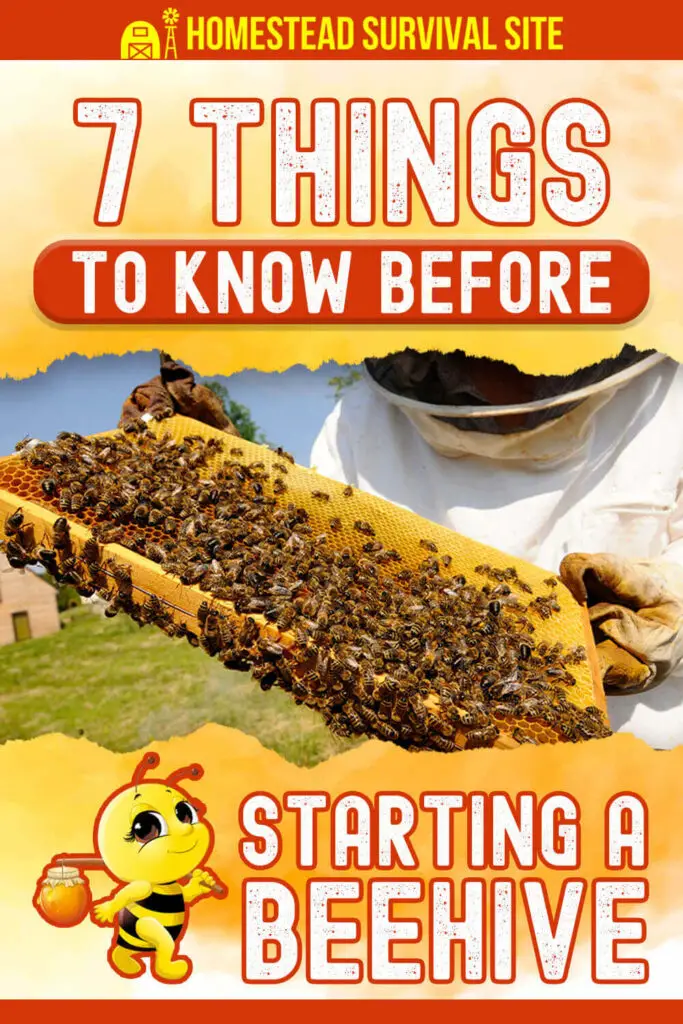

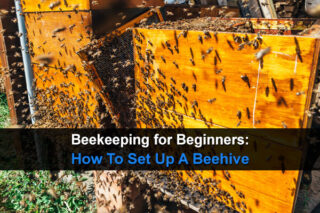
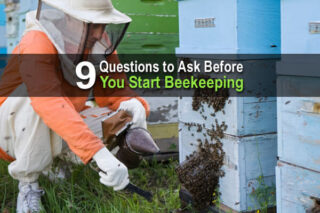
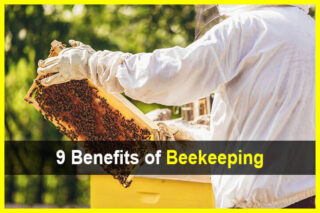
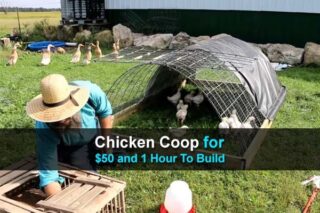
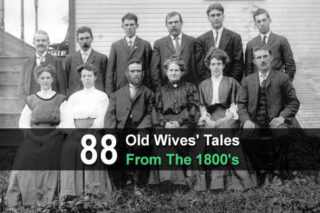

It’s interesting to know that you need to find the right place for your beehive. My brother is planning to start a beehive for a school project, and we are looking for advice. I will contact a local bee expert to make sure what we have to do.